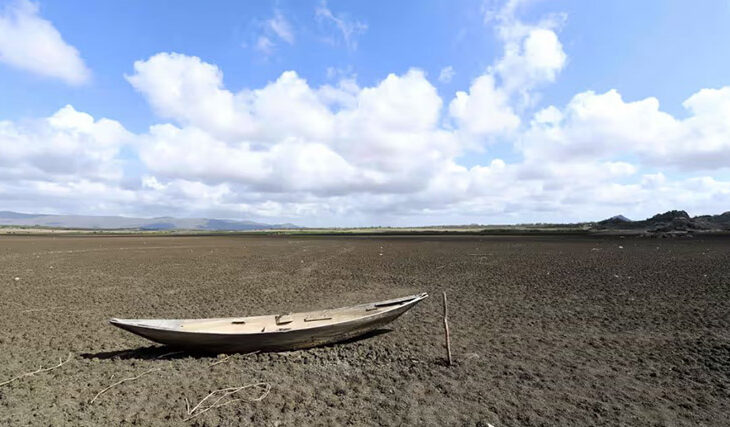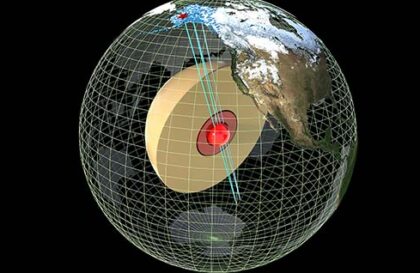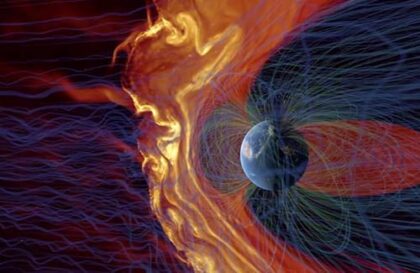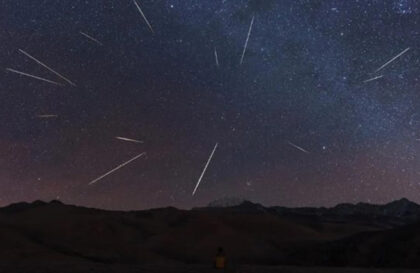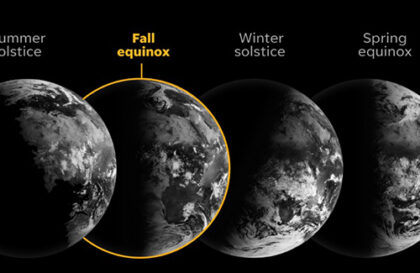July 2023 was the hottest in the last 100,000 years. Of the 35 characteristics that are useful for monitoring climate change, 20 of them show unprecedented extremes. These measurements include but are not limited to, Earth’s average surface temperature, fossil fuel subsidies, sea ice extent, and forest cover on a global scale.
Until 2000, the average temperature of the Earth stayed within 1.5 degrees Celsius, the level reached before the Industrial Revolution. However, experts found that only in 2023, in general, this threshold was exceeded for 38 days. A recently published study also claims July 2023 was the hottest month in 100,000 years.
An example of this can be seen in the current situation where human-caused warming, combined with a recurring climate phenomenon known as El Niño, significantly reduces the amount of sea ice in the Antarctic. This resulted in the smallest satellite-recorded ice area on the continent; these effects of climate change have become increasingly catastrophic, leading to Canada’s worst wildfires. A shocking 45 million acres have been burned this year, a record number. The last record was set in 1989 when the fire burned 19 million acres.
According to the report, the effects of climate change are not limited to the United States. The impact of this crisis has spread to regions that have not traditionally experienced severe weather conditions. Northeast China, for example, suffered catastrophic flooding. More than a million people were left homeless. In the Indian state of Sikkim, a glacial lake overflowed its banks due to heavy rains, causing significant damage to roads and bridges; in the Libyan Derna, a powerful Mediterranean storm destroyed entire neighborhoods. Scientists emphasize that these are only a few examples of the widespread effects of climate change.
According to William Ripple, an ecologist at Oregon State University and co-author of the study, there is no doubt that our planet is currently suffering a series of attacks. Statistical analysis of climatic variables and natural disasters reveals an alarming pattern.
He stated that efforts made by humankind to combat climate change have produced minimal progress.
The scientific community warns that human actions are causing the Earth’s system increasingly unstable. According to their predictions, by the end of this century, up to half of the world’s population, that is, about three to six billion people, could be pushed out of the “habitable zone” by extreme heat and food shortages.
Banner image: A boat lies in the dry Cedro reservoir in Quixadá, Brazil. Climate change increases the risk
of extreme weather events like drought. Credit: Photograph Evaristo Sa/AFP/Getty
ImagesImage credit:
https://www.theguardian.com
